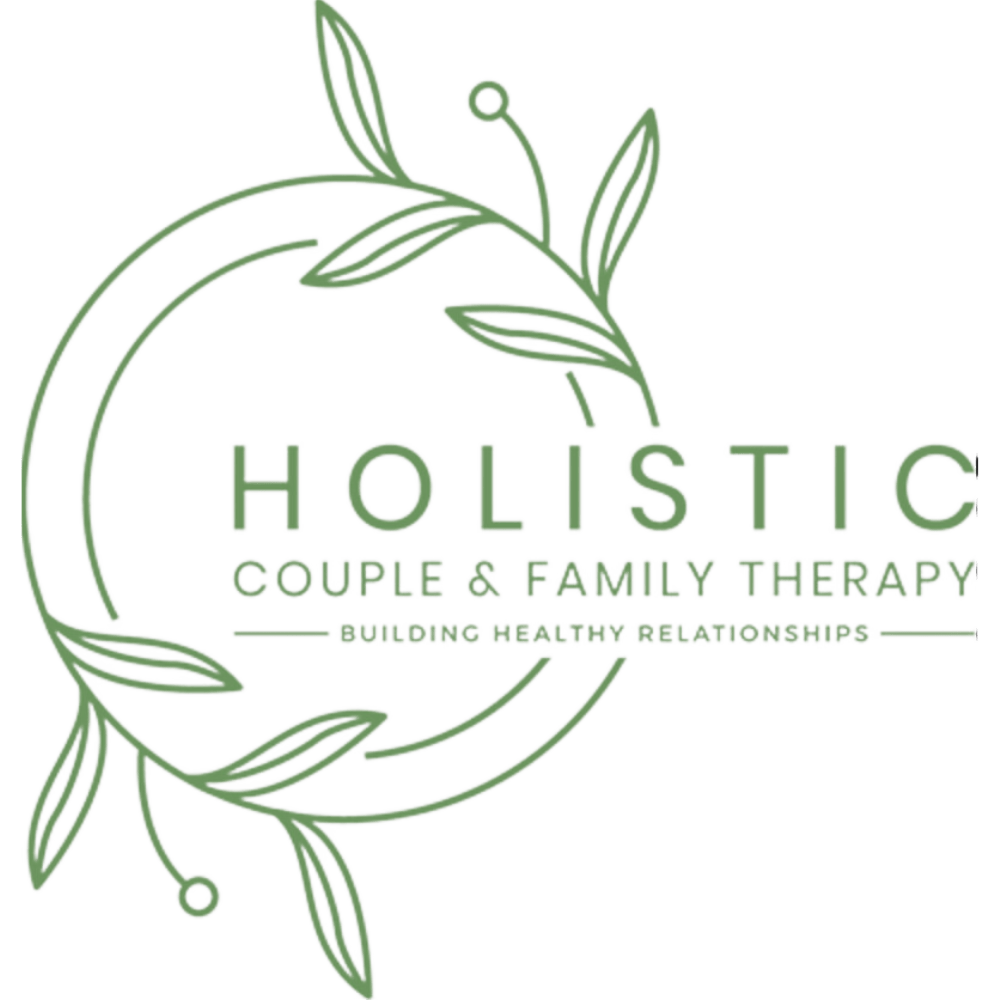When you’re struggling with self-criticism, shame, or feeling like you’re never quite “enough,” it’s easy to get stuck in a cycle of emotional pain. That’s where compassion focused therapy (CFT) comes in. But what is compassion focused therapy exactly, and how does it work? At Holistic Couple & Family Therapy, we often hear from clients who are exhausted by high expectations and inner criticism. CFT offers a refreshing shift. Instead of pushing yourself harder or fixing what’s “wrong,” it helps you learn how to meet yourself with understanding and warmth. In this blog, we’ll walk you through the core ideas behind compassion focused therapy, how it compares to other popular approaches, and why it might be exactly what you need right now.
How do you explain compassion focused therapy?
So, what is compassion focused therapy, and how do you actually explain it in simple terms?
Compassion focused therapy is a type of psychotherapy that helps people become kinder and more understanding toward themselves—especially during moments of struggle, failure, or emotional pain. Developed by psychologist Dr. Paul Gilbert, CFT was originally designed to support people who are highly self-critical or overwhelmed by feelings of shame.
At its core, CFT is all about helping you build an inner voice that supports you rather than tears you down. It draws on research in neuroscience, evolutionary psychology, and attachment theory to understand how our brains have evolved to deal with threat—and why we often end up stuck in fear, shame, or self-criticism.
In CFT, the therapist helps you develop what’s called a “compassionate mind”—a mindset that’s grounded in courage, care, wisdom, and a deep desire to alleviate suffering. This isn’t about ignoring your struggles or sugarcoating your pain. Instead, it’s about facing what’s hard with strength and self-kindness. You learn to soothe your nervous system, create safety in your body, and gradually shift the way you relate to your thoughts and emotions.
What is the difference between CFT and CBT?
While both CFT and CBT (cognitive behavioral therapy) are evidence-based approaches, they work in different ways and focus on different goals.
CBT is primarily focused on identifying and changing unhelpful thought patterns and behaviors. It’s structured, practical, and tends to be more “thinking-oriented.” If you’ve ever worked with a therapist who helped you track negative thoughts and replace them with more balanced ones, that was likely CBT.
CFT, on the other hand, goes deeper into why these negative thoughts are there in the first place—and focuses more on how you relate to yourself when they arise. Where CBT might say, “Let’s challenge that thought,” CFT might say, “Let’s understand where this critical thought comes from—and respond to it with compassion.”
In other words, CBT helps you think differently. CFT helps you feel differently toward yourself.
Another key distinction: CFT places a lot of emphasis on emotional regulation and working with your “threat system.” It acknowledges that many of us have deeply wired responses to stress that lead to harsh inner criticism or emotional shutdown. Instead of fighting those responses, CFT helps you create an internal environment of warmth, safety, and support so you can begin to heal from within.
What is CFT in a nutshell?
In a nutshell, compassion focused therapy is a therapeutic approach that helps you:
-
Understand the inner systems that drive your emotions (like threat, drive, and soothing)
-
Recognize the impact of shame and self-criticism on your mental health
-
Cultivate self-compassion through imagery, guided practices, and mindfulness
-
Strengthen your “compassionate self”—a wise, caring part of you that can support you in difficult times
If you’ve ever felt like your inner critic is way too loud—or that you’re harder on yourself than anyone else—CFT helps you build a new kind of inner relationship. One that’s not based on perfectionism, fear, or shame, but on genuine care and understanding.
This approach is particularly helpful for people who know things logically (like “I’m not a failure”) but still feel emotionally stuck. CFT bridges that gap between mind and heart by teaching you how to respond to yourself with compassion, even when life is messy.
What does CFT help with?
So, what is compassion focused therapy used for in real life?
CFT has been shown to help with a wide range of emotional challenges, including:
-
Shame and self-criticism: If your inner voice constantly tells you you’re not enough, CFT can help you shift that voice toward encouragement instead of judgment.
-
Anxiety: By creating more emotional safety, CFT helps reduce the intensity of anxious thoughts and the nervous system’s threat response.
-
Depression: Many people with depression also struggle with feelings of worthlessness or hopelessness. CFT offers a gentle, hopeful path forward.
-
Trauma: CFT can be especially effective for trauma survivors who struggle with self-blame or internalized shame.
-
Relationship issues: CFT helps you develop more compassion for yourself and others, which often leads to more connected, understanding relationships.
-
Body image struggles and eating disorders: CFT helps you relate to your body with greater kindness and acceptance.
CFT is also deeply supportive for people who have grown up in emotionally neglectful or critical environments. If no one ever taught you how to feel safe with your own emotions—or how to be gentle with yourself—this therapy gives you the tools to start.
Final Thoughts
If you’ve been asking yourself, “What is compassion focused therapy, and could it help me?”—the answer might be yes, especially if you’ve been carrying around shame, self-doubt, or the weight of perfectionism. At Holistic Couple & Family Therapy, we integrate CFT principles into our work with individuals, couples, and families who want to move beyond surviving and into a life of deeper connection and self-trust.
You don’t have to keep pushing through on your own. You deserve to feel supported—not just by those around you, but by yourself. That’s the heart of compassion focused therapy. And it just might be the gentle, powerful shift you’ve been looking for.

